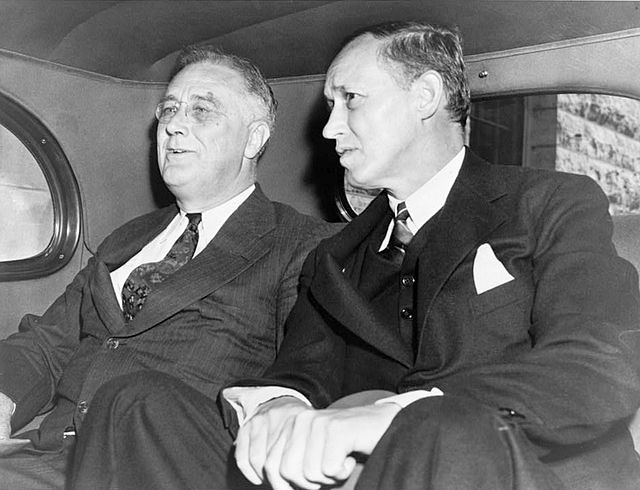The slave narrative is a type of literary genre involving the (written) autobiographical accounts of enslaved persons, particularly Africans enslaved in the Americas, though many other examples exist. Over six thousand such narratives are estimated to exist; about 150 narratives were published as separate books or pamphlets. In the United States during the Great Depression (1930s), more than 2,300 additional oral histories on life during slavery were collected by writers sponsored and published by the Works Progress Administration, a New Deal program. Most of the 26 audio-recorded interviews are held by the Library of Congress.
Slave narrative of Thomas H. Jones published in 1871
Works Progress Administration
The Works Progress Administration was an American New Deal agency that employed millions of jobseekers to carry out public works projects, including the construction of public buildings and roads. It was set up on May 6, 1935, by presidential order, as a key part of the Second New Deal.
FDR prepares to speak about the establishment of the work relief program and Social Security at his fireside chat of April 28, 1935.
FERA administrator and WPA head Harry Hopkins speaking to reporters (November 1935)
WPA road development project
FDR and Hopkins (September 1938)





